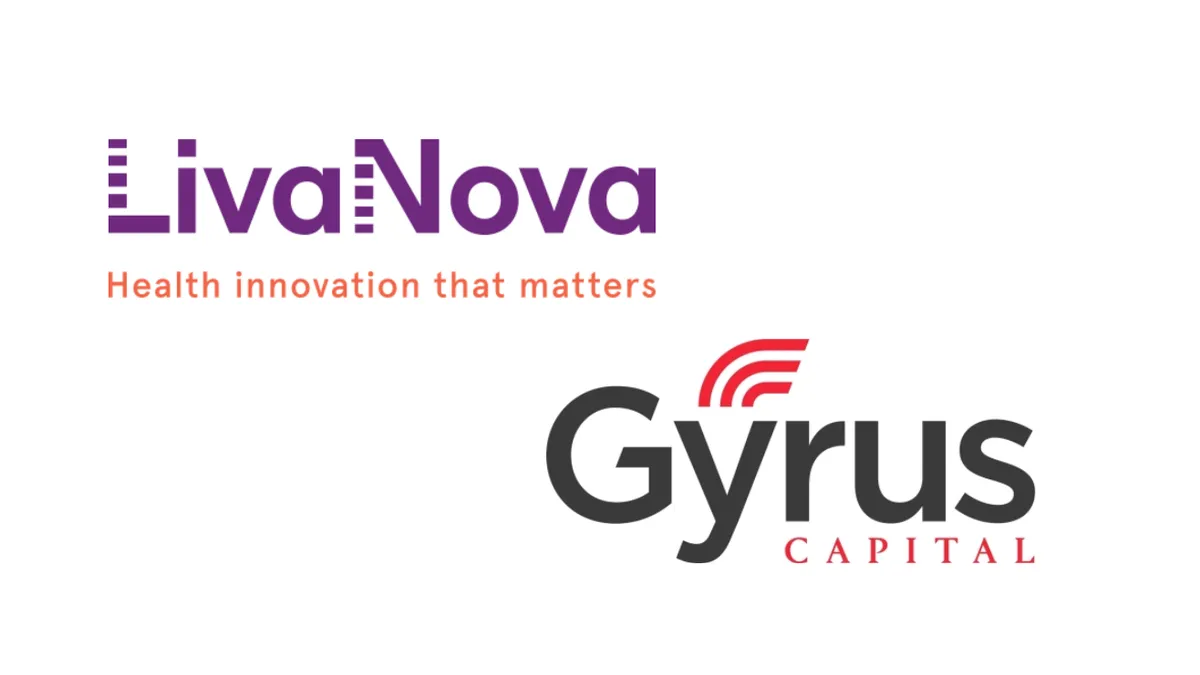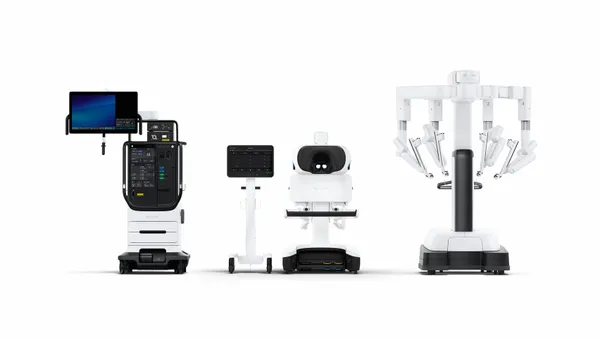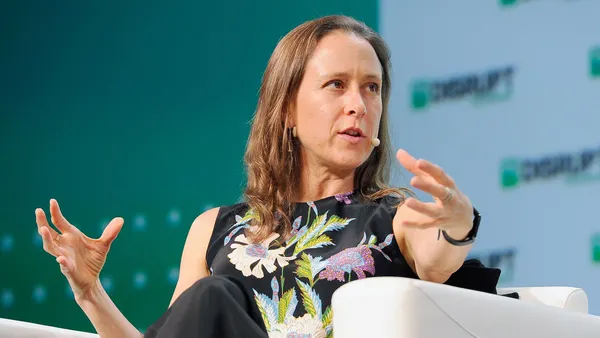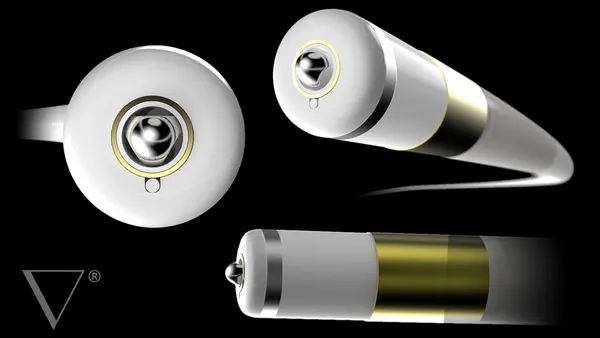Dive Brief:
- LivaNova said Thursday it will divest its heart valves to Swiss investment firm Gyrus Capital in a deal valued at $73 million, expected to close in the first half of 2021.
- The announcement comes just over a year after LivaNova said it would end its transcatheter mitral valve replacement program amid a broader restructuring of its heart valve segment.
- LivaNova said offloading devices like its sutureless aortic valve, called Perceval, and mitral valve repair ring, dubbed 4D Memo, will allow it to focus on its neuromodulation and cardiovascular product lines, which have also faced sales declines during the COVID-19 pandemic.
Dive Insight:
A steady decline in heart valve sales and pressure from investors have ultimately resulted in a new home for LivaNova's product line.
LivaNova's heart valves business — which includes sutureless tissue valves, mechanical valves, traditional tissue valves and annuloplasty rings — accounted for 18% of the company's net sales in 2019. The business generated $120 million, a nearly 5% decrease from 2018. The coronavirus pandemic further affected sales this year, with second-quarter sales nearly cut in half on a year-over-year basis to $17.5 million, and third-quarter sales recovering only slightly to $21.1 million, down 27% compared to 2019.
In a world in which transcatheter aortic valve replacement procedures are increasingly replacing surgical valves, LivaNova has forged ahead in the surgical valve market. LivaNova led a European launch of a newer version of Perceval in July and presented new data on the implant in October.
Later that month, London-based PrimeStone Capital, which claimed to hold a 2.2% stake in LivaNova, issued a letter to the board of directors urging the company to refocus on neuromodulation by divesting the cardiopulmonary business and selling or closing the heart valves line.
PrimeStone also called for revisiting management compensation, increasing transparency and hiring a new CFO. One week after the letter was written, the company announced the departure of CFO of three years Thad Huston.
LivaNova management had previously acknowledged weakness in the heart valves business. In November 2019, the company announced it would end its efforts in transcatheter mitral valve replacement, in which Abbott months later received the first European approval. At the time, LivaNova said 150 employees would be affected by the restructuring.
In Thursday's announcement, LivaNova said its heart valve business employs approximately 900 people, largely concentrated in Italy and Canada. If and when the deal closes, Gyrus will acquire LivaNova's manufacutring plants in those locations and inherit or make offers to employees in other countries.
LivaNova expects a net non-cash impairment charge in the fourth quarter between $200 million and $225 million, and foresees the divestiture diluting earnings per share in 2021 by 10 to 15 cents.














